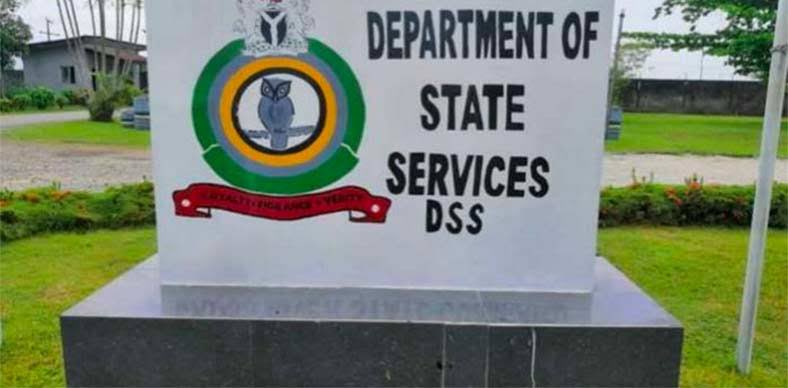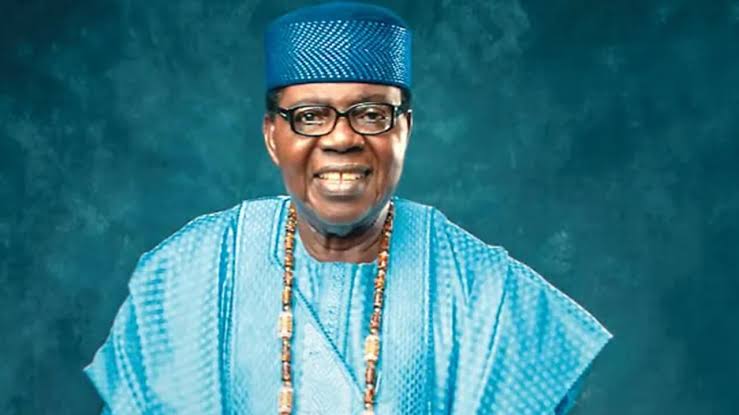
Why Nigeria Must Shut Down the Department of State Services: A Call for Change in 2025

A recent article by Sonala Olumhense, published via Sahara Reporters, has sparked intense debate by calling for the dissolution of Nigeria’s Department of State Services (DSS).
The piece takes aim at the agency’s new Director-General, Adeola Oluwatosin Ajayi, who assumed the role in August 2024.
Ajayi’s controversial proposal, made during a mid-February 2025 gathering in Abuja, suggests that Nigerian communities should take on the primary responsibility for their own security, rather than relying on the country’s security agencies.
This event, attended by high-profile figures like National Security Adviser Nuhu Ribadu and Chief of Defence Staff Christopher Musa, saw no opposition to Ajayi’s idea, which Olumhense deems both reckless and unconstitutional.
Olumhense argues that Ajayi’s suggestion fundamentally undermines the Nigerian constitution, which explicitly states that the government’s primary duty is to ensure the security and welfare of its citizens.
By shifting the burden onto communities, the DSS chief is essentially absolving the government of its core responsibility.
This is particularly alarming given Nigeria’s escalating security challenges, which include rampant terrorism, kidnapping, and violence by armed groups like herdsmen.
Olumhense points out that many Nigerian communities are already forced to defend themselves, often with nothing more than sticks and machetes, against attackers wielding modern firearms like assault rifles.
Expecting them to take on an even greater role, without proper support, is not only impractical but also unjust.
The critique extends beyond Ajayi to the broader failures of the All Progressives Congress (APC), which has been in power since 2015.
When the APC, led by then-President Muhammadu Buhari, came into office, it promised to tackle Nigeria’s insecurity using Buhari’s military background as a selling point.
However, a decade later, under both Buhari and his successor, President Bola Tinubu, the situation has only worsened.
Olumhense highlights the irony of the APC’s 2015 manifesto, which pledged to hire 100,000 additional police officers, establish a federal anti-terrorism task force, and address the root causes of insurgency through economic development.
Instead, Nigeria has seen a rise in poverty, unemployment, and infrastructure decay, with the national grid faltering, the naira collapsing, and major companies exiting the country.
Meanwhile, the government’s response has been lackluster, with leaders like Tinubu taking international trips—such as his recent vacation to France—amid domestic crises like the Uromi tragedy and looming U.S. tariffs.
Olumhense’s most scathing criticism is reserved for the DSS itself, which he accuses of failing to curb the activities of armed groups despite its significant resources and authority.
He questions how terrorist organizations and herdsmen manage to operate freely, moving across the country with sophisticated weapons, while the DSS remains ineffective.
The agency, he argues, has become more focused on providing protection to politicians than addressing the nation’s security threats.
This has led to a situation where ordinary Nigerians, already struggling to survive, are being asked to take up arms against well-equipped adversaries—a task they are ill-prepared to handle.
In a bold conclusion, Olumhense suggests that if citizens are to be left to fend for themselves, the DSS has outlived its purpose and should be dismantled.
He describes the agency as a “meaningless luxury” that consumes resources without delivering results, leaving Nigeria to burn while its leaders remain detached.
This provocative stance has ignited discussions about the role of security agencies in Nigeria and whether the government can fulfill its constitutional obligations in the face of mounting challenges.
As insecurity continues to plague the nation, Olumhense’s call for drastic action may resonate with those frustrated by years of unfulfilled promises and systemic failures.


